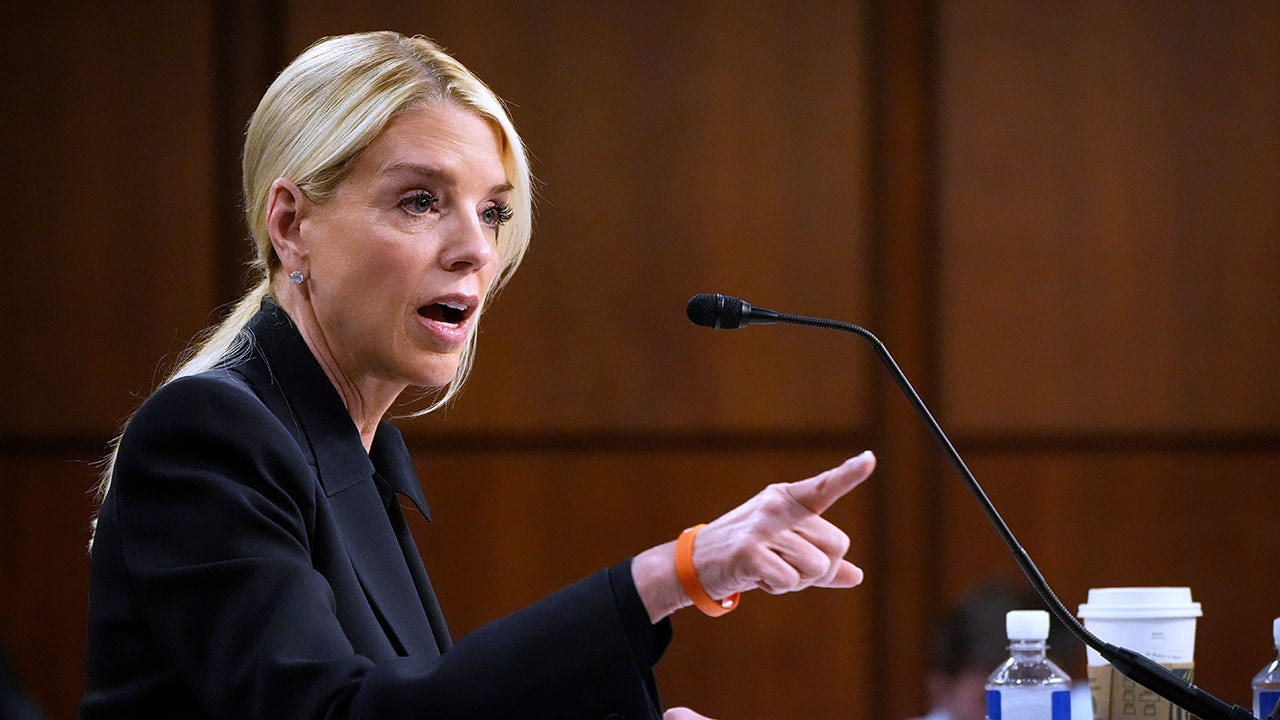Trump NIH and FDA nominees debut new scientific journal aimed at spurring debate

President Donald Trump’s nominees to run the National Institutes of Health (NIH) and the Food and Drug Administration (FDA) are part of a group of scientists who have recently launched a new research journal aimed at fostering scientific discourse and combating “gatekeeping” in the medical research community. The Journal of the Academy of Public Health (JAPH) is led by a distinguished editorial board, including scientists who have faced censorship during the COVID-19 pandemic.
The co-founders of JAPH include Martin Kulldorff, a former Harvard Medical School professor and founding fellow at Hillsdale College’s Academy for Science and Freedom, and Dr. Jay Bhattacharya, a professor of health policy at Stanford University and Trump’s nominee for the next NIH director. These two scientists gained recognition during the pandemic for their work on The Great Barrington Declaration, which challenged prevailing notions about COVID-19 mitigation strategies and lockdowns.
Dr. Marty Makary, a surgeon and public policy researcher at Johns Hopkins University, who is Trump’s nominee for the next FDA director, is also part of the journal’s editorial board. The journal’s unique approach involves publishing peer reviews of prominent studies from other journals that do not make their peer reviews publicly available, with the goal of promoting scientific discourse.
JAPH is committed to open access, making all of its work available to the public without a paywall. The journal’s editorial leadership aims to allow scientists to freely publish their research results in a timely and efficient manner, without facing potential gatekeeping that may hinder the dissemination of new ideas.
Kulldorff, Bhattacharya, Makary, and others on the journal’s leadership team have expressed concerns about censorship of their views on COVID-19 during the pandemic. They have criticized the suppression of their research findings and opinions that challenged mainstream medical community beliefs regarding topics such as vaccine efficacy, natural immunity, lockdowns, and more.
The JAPH editorial team is dedicated to ensuring quality through open peer review, without restricting new and important ideas for the sake of established orthodoxies. The journal’s incoming editor-in-chief, Andrew Noymer, emphasized the importance of fostering a research environment that encourages the exploration of novel ideas and perspectives, rather than stifling dissenting viewpoints.
Overall, the launch of the Journal of the Academy of Public Health represents a significant step towards promoting open scientific discourse and challenging the status quo in medical research. By providing a platform for diverse voices and innovative ideas, JAPH seeks to advance the understanding of public health issues and drive progress in the field of healthcare.




